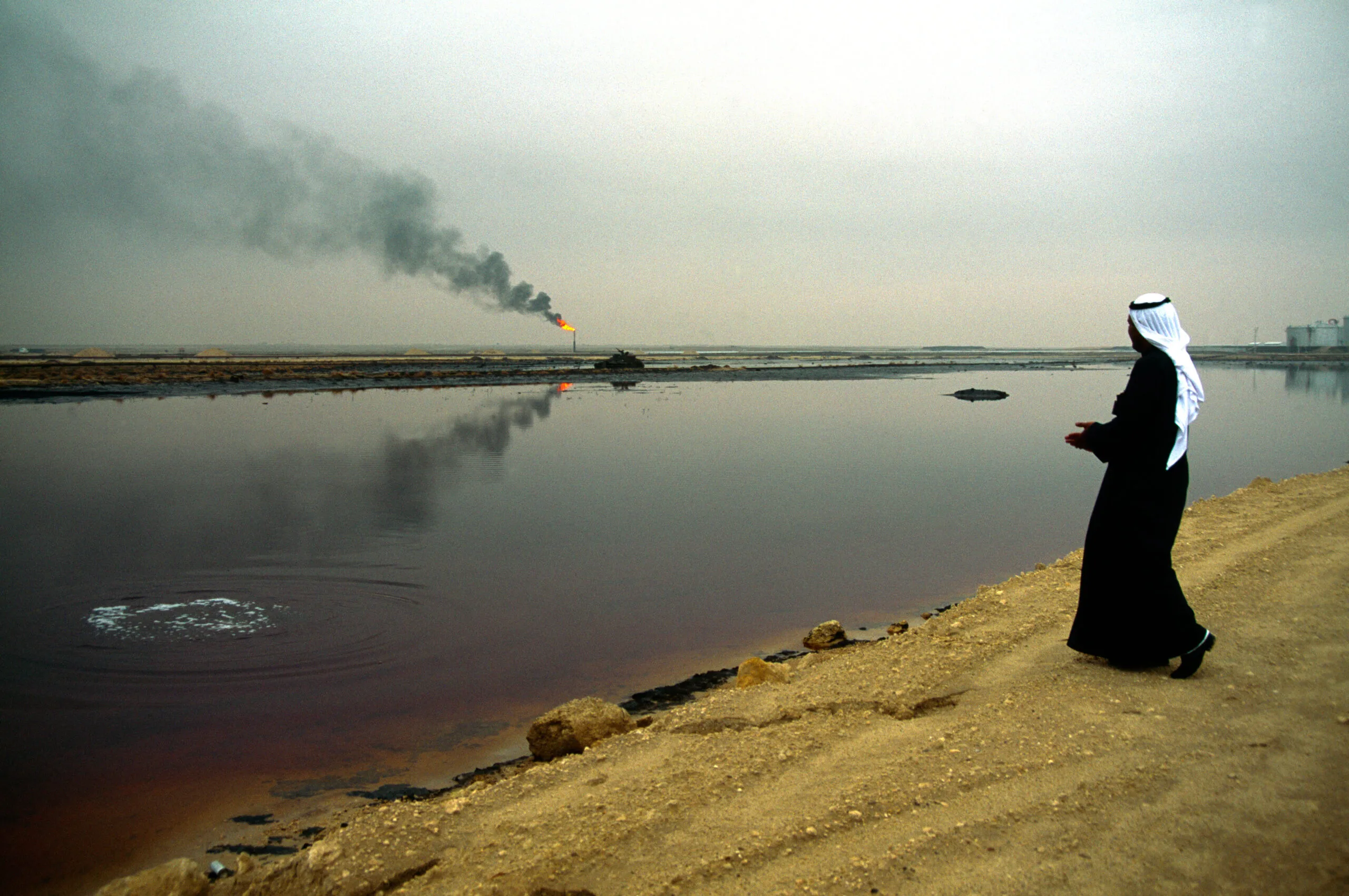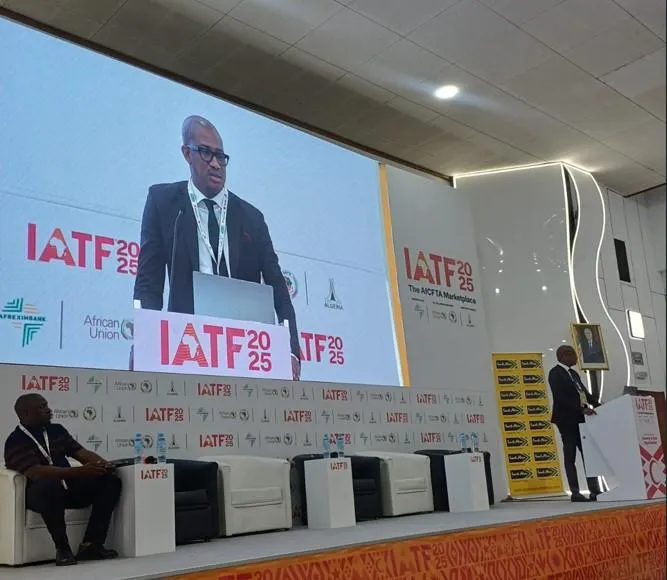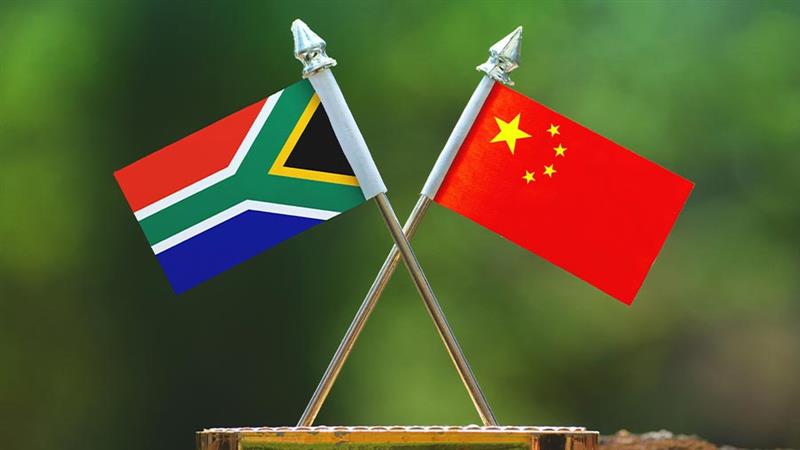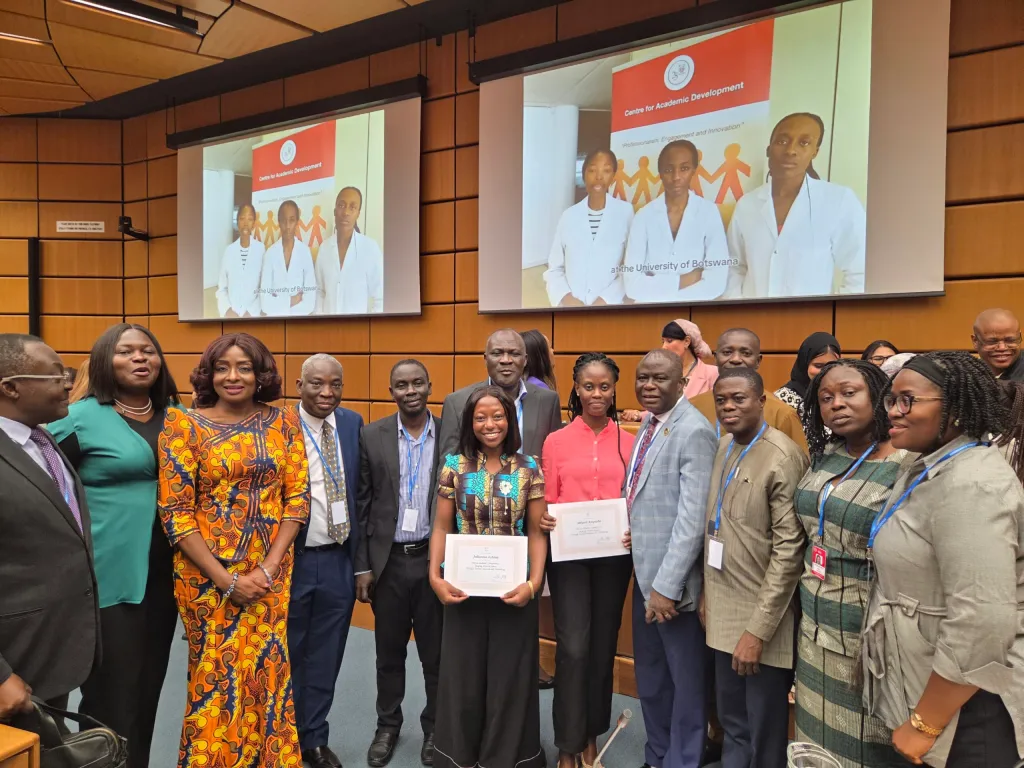Energy Other

The Nile at a crossroads - Navigating the GERD dispute as Egypt’s floodwaters rise
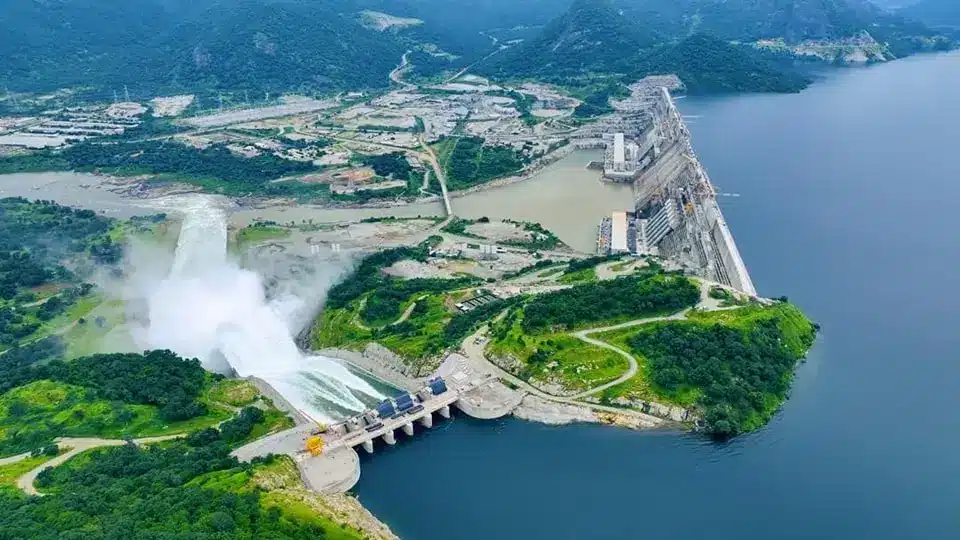
The Geopolitics of a Shared River
Transboundary river basins function as both ecological systems and arenas of geopolitical negotiation. While water flows freely across borders, sovereignty and governance do not, creating a fundamental tension that has long defined relations between Nile Basin states. This enduring contradiction was recently highlighted when intense rainfall in the Ethiopian Highlands caused severe flooding in northern Egypt. The event immediately reignited hostilities over Ethiopia's Grand Ethiopian Renaissance Dam (GERD), a project Ethiopia hails as vital for development and energy, but which Egypt and Sudan view as an existential threat.
A Crisis of Data and Blame
The flooding triggered a direct exchange of accusations. Egypt’s Ministry of Irrigation blamed Ethiopia for "reckless dam management," claiming sudden releases from the GERD worsened the disaster. Ethiopia, having just inaugurated the dam, countered that its technical operations actually prevented worse flooding in Sudan. This dispute underscores how a lack of transparent data fuels political mistrust. The incident coincided with a shift in US diplomatic policy, with a senior adviser stating Washington now favors a "technical, not political" resolution, emphasizing data sharing and coordination over coercive diplomacy.
The GERD’s Impact and Egypt’s Vulnerability
The GERD is Africa's largest hydroelectric plant, designed to hold 74 billion cubic meters of water and double Ethiopia's power capacity. For Egypt, however, the dam introduces immediate and long-term hydrological risks. Poorly coordinated releases can overwhelm Egypt's outdated drainage systems, causing floods and disrupting agriculture. In the longer term, the dam will alter seasonal flow patterns, affecting groundwater recharge and salinity. This poses a profound challenge for Egypt, a nation of over 118 million people that relies on the Nile for 97% of its freshwater and is already facing absolute water scarcity.
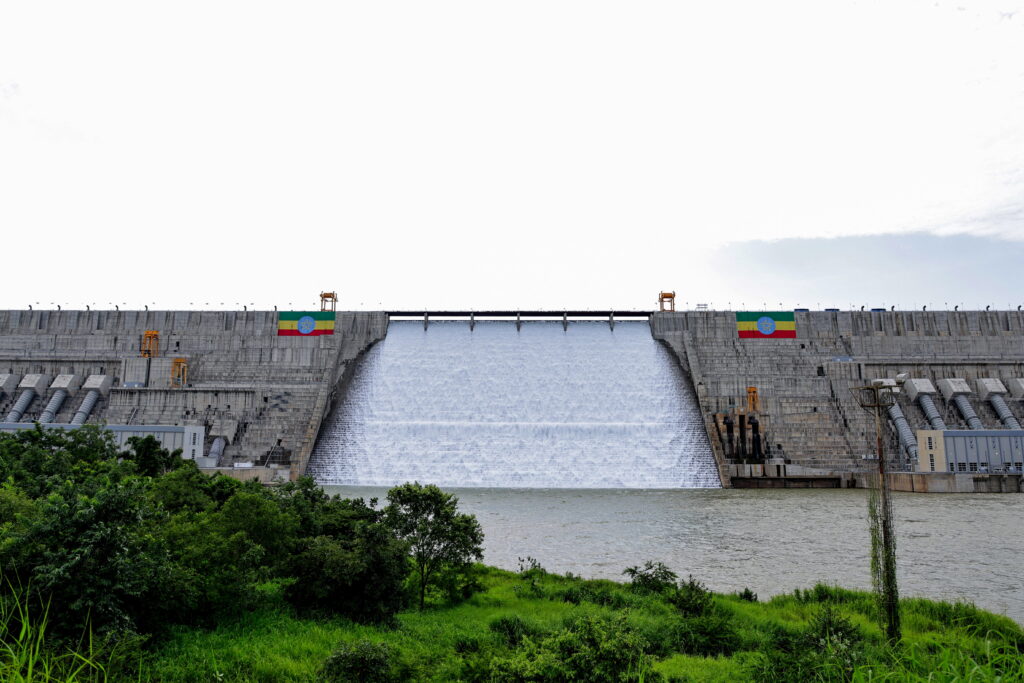
The Weight of History and Law
The current crisis is rooted in colonial-era water agreements from which Ethiopia was excluded. The 1929 and 1959 treaties allocated the Nile's flow almost exclusively to Egypt and Sudan, granting Cairo a veto over upstream projects. Ethiopia has consistently rejected these treaties as legally irrelevant colonial relics. This history creates a structural mismatch: upstream states feel their development is constrained by outdated deals, while downstream Egypt perceives any alteration of the river’s flow as an existential threat. The launch of the GERD in 2011 escalated these tensions into a direct geopolitical confrontation.
The Persistent Governance Deficits
Three overlapping deficits continue to undermine stability in the Nile Basin: a technical deficit from a lack of real-time data, an operational deficit with no agreed rules for drought or flood management, and a political deficit fueled by mutual distrust. Years of negotiations have failed to produce a binding agreement on how the GERD will be operated during extreme weather, leaving all parties vulnerable. This uncertainty risks securitizing water politics, where perceived threats to water security can fuel nationalist rhetoric and push policymakers toward confrontational postures.
A Path Toward Shared Resilience
To navigate this dilemma, a dual approach is necessary. Internationally, Egypt should pursue legal and diplomatic channels while pushing for a trilateral technical commission under African Union oversight to manage data and develop predictive models. An integrated early-warning system and binding operational guarantees are critical to building trust. Domestically, Egypt must accelerate adaptation by investing in water efficiency, modernizing irrigation and drainage infrastructure, and expanding agricultural insurance. The recent floods serve as a stark warning that technical cooperation cannot remain hostage to political rivalry, and a future of shared management is essential for regional stability.



